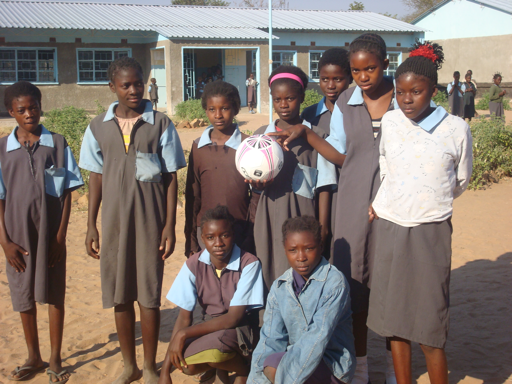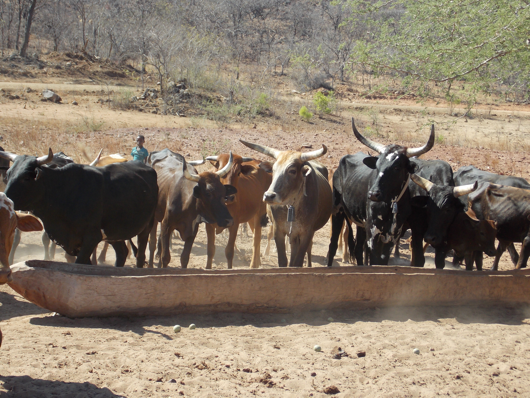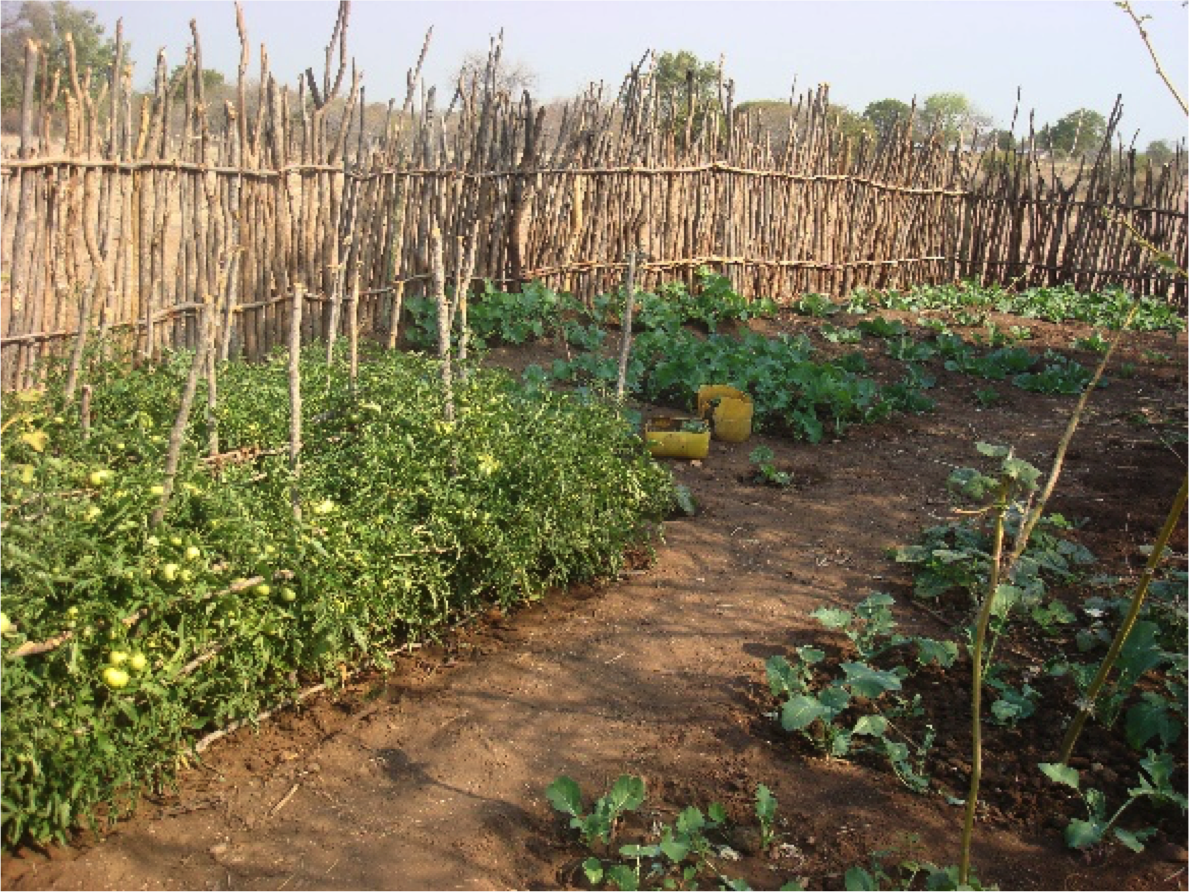Join a powerful, unprecedented alliance for better eye health for all.
Join IAPB-
Choose an alternate language here
On the occasion of World Water Day, Kashinath Bhoosnurmath, Alice Mwangi and Patson Tembo from Operation Eyesight Universal highlight the importance of clean water for the prevention of avoidable blindness.
Sinazongwe district, Zambia notched a prevalence of blinding trachoma of 14.3%, according to a survey conducted by the Ministry of Health in 2007 (The WHO defines trachoma as a major public health problem when active disease is above 10 %.). In Kenya’s Narok district, a 2004 study noted the prevalence of active trachoma at 30.5%. These two countries are the focus of Operation Eyesight Universal’s trachoma elimination efforts.
To combat this blinding eye disease, we’re implementing all four stages of the SAFE strategy: Surgery, Antibiotics, Face-washing and hygiene education, and Environmental improvement. Properly implemented, the SAFE strategy permanently eliminates trachoma. Because of the emphasis on clean water and sanitation, it also dramatically improves the general health and prosperity of whole communities. Since our water projects began in Sinazongwe in 2008, we’ve developed 96 boreholes, servicing close to 48,000 people, or 40% of the total district population. In Narok, we’ve developed 51 water points since 2007.
The provision of fresh water and hygiene education has resulted in a decrease in the prevalence of blindness in both districts. In addition, it has also provided other important benefits:
 trachoma; infection often begins during infancy and can become chronic. By preventing the chronic recurrence of trachoma in children, and by eliminating the need for children to travel long distances to fetch water for their households before going to school, we’ve contributed to an increase in school attendance, for both girls and boys. Additionally, preventing blindness among adults means that children no longer have to stay home to care for their parents.
trachoma; infection often begins during infancy and can become chronic. By preventing the chronic recurrence of trachoma in children, and by eliminating the need for children to travel long distances to fetch water for their households before going to school, we’ve contributed to an increase in school attendance, for both girls and boys. Additionally, preventing blindness among adults means that children no longer have to stay home to care for their parents. Improved safety: Established water points have reduced the number of human-animal conflicts. With a safe water source nearby, people no longer have to contend with crocodiles or other dangerous animals that may be lurking in rivers or lakes. In addition, community water points are surrounded by a fence and livestock are provided with water from a selected area.
Improved safety: Established water points have reduced the number of human-animal conflicts. With a safe water source nearby, people no longer have to contend with crocodiles or other dangerous animals that may be lurking in rivers or lakes. In addition, community water points are surrounded by a fence and livestock are provided with water from a selected area.
By implementing the full SAFE strategy, we’re addressing the root causes of avoidable blindness and creating a lasting impact in the communities where we work. On World Water Day, March 22, we’re celebrating the incredible ripple effect that we’ve created in Zambia and Kenya, thanks to our partners and donors. There’s still much work to be done, but together, we can eliminate trachoma… For All The World To See!
We have more posts to mark World Water Day!